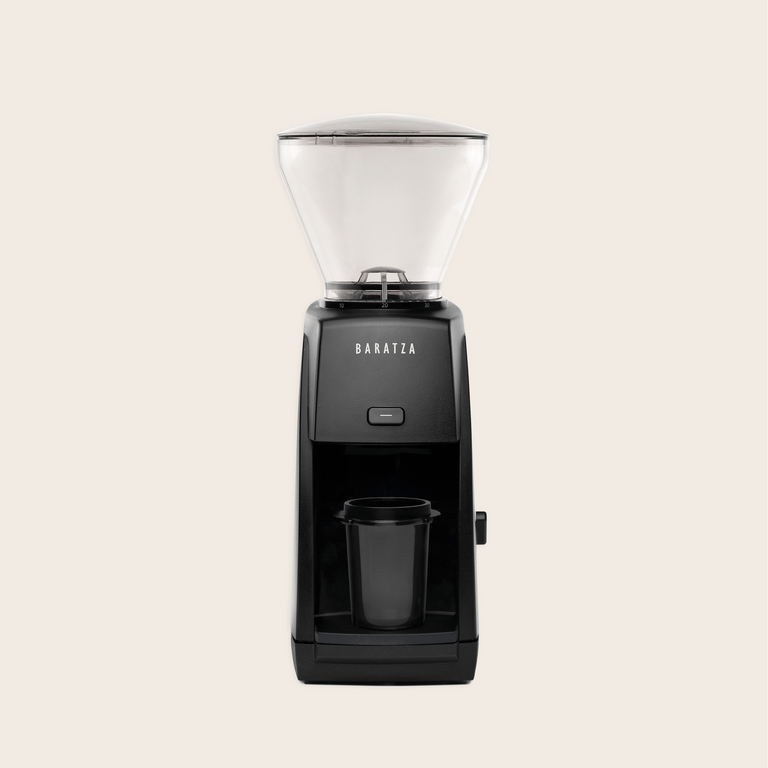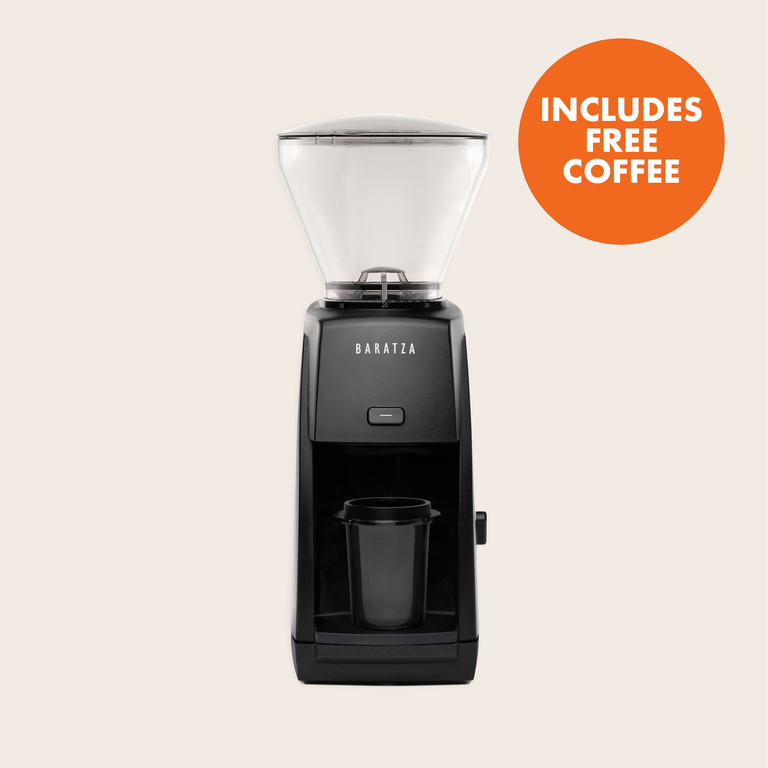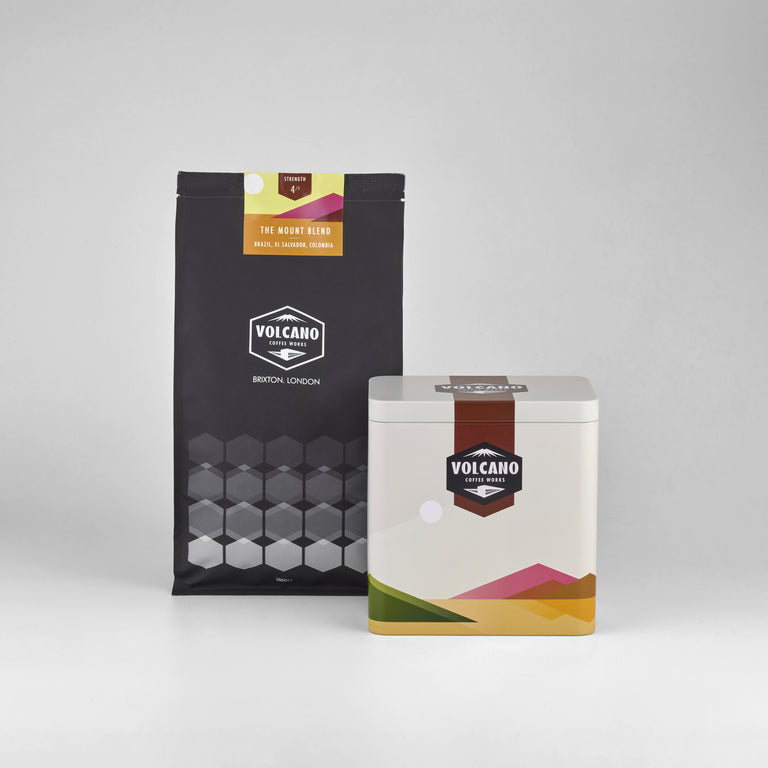April's Roaster's Choice Coffee Box subscribers will be enjoying Fazenda Pinhal, a coffee from Brazil
Fazenda Pinhal
Fazenda Pinhal has belonged to the Gabarra Teixeira family since 1994 and is situated in Brazil’s most famous coffee region, Minas Gerais, in the country’s south-east. They are renowned throughout the specialty coffee world both for exceptional coffee quality but also their commitment to sustainability. Around 35% of their 914 hectare farm is planted for coffee with the remainder being left either as untouched natural reserve or for any of the various reforestation initiatives being carried out by the family. These include a Eucalyptus forest, a 20ha native forest redevelopment and a rehabilitation and release sanctuary for native birds.

In 2019, Fazenda Pinhal moved 100% of its energy to renewable sourced with solar panels on the farm and in 2020 became CarbonNeutral®. Ripe cherries are processed on the farm where after 10-14 days of patio drying they are left to rest for a month before delivering the coffee to the nearby mill in San Antonio Do Amparo. We found the cup to be sweet but incredibly elegant for a natural process with rich nutty chocolate notes that are pronounced by the natural processing method.
Coffee in Brazil
Brazil is perhaps the most renowned producing country of coffee in the world and for good reason. Not only do they produce some of the tastiest cups of coffee with familiar notes of chocolate, caramel and nuts, but the industry is prolific too. Brazil is the largest producer of coffee in the world where between 2-3 million hectares of farming land (approximately the size of Belgium) produce around 40% of the world’s global coffee supply. Coffee farming began in Brazil in the early 18th century after the Brazilian government orchestrated a plan to smuggle coffee beans out of French Guiana. As the story goes, a young soldier was sent under the guise of foreign diplomacy and was able to charm his way into obtaining coffee seeds which would later be planted in the region of Para and thus begin Brazil’s history with coffee.

Coffee was originally grown for domestic consumption but production soon started to ramp up with increasing demand from America and Europe driving the growth. By 1830 coffee had become Brazil’s largest export and was being produced all over the country. Over time, however, the environment has influenced where farmers choose to locate their farms with the majority choosing the ideal growing climates of Brazil’s south-east. Minas Gerais accounts for half the entire country’s coffee production followed by São Paulo and Paraná. By the the early 20th century Brazilian coffee accounted for a staggering 80% of the world’s coffee supply. Although this has been reduced over time, as other countries increase their coffee trade, Brazil’s almost monopolistic volume of supply has meant that historically global coffee prices, and in fact economies, are informed by what’s happening in Brazil. Today around 70% of coffee grown in Brazil is the Arabica variety and while the vast majority is traded en masse to multinationals there are many examples of high, and even extreme, quality micro-lots increasingly consumed in specialty markets across the globe.
The coffee
Farmer — Piedro Gabarra Teixeira
Region — Campo Das Vertentes, Minas Gerais, Brazil
Process — Natural
Varietal — Arara
Altitude — 1180masl
In the cup, Fazenda Pinhal tastes sweet with notes of Banoffee, Hazelnut and Milk Chocolate.




















